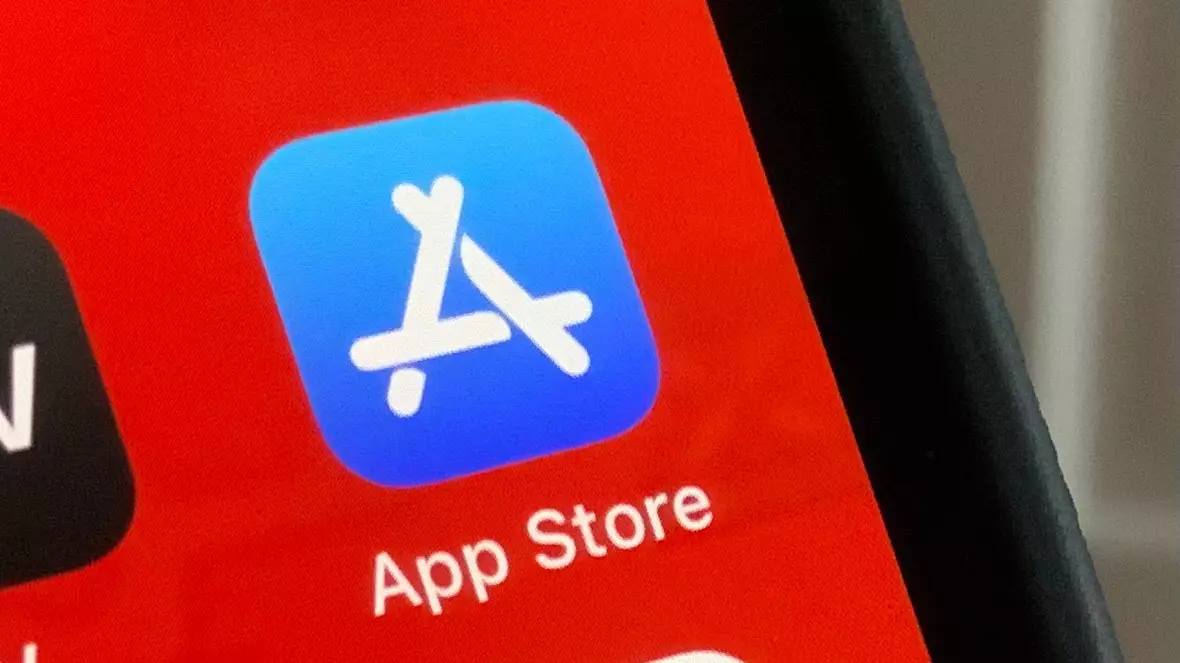Apple is gearing up to transform the way users discover apps on its platform with the integration of AI-driven tagging techniques set to debut in iOS 26. Currently available only in the developer beta, this groundbreaking capability has yet to be reflected in the public App Store or its search algorithms. Despite the absence of immediate practical application, the anticipation surrounding these changes is palpable within the developer community. Speculations abound regarding their potential to revolutionize app visibility and redefine the rules of search rankings.
Changing the Game: Screenshots as Key Metadata
A study by Appfigures, an app intelligence agency, has stirred the pot by revealing a correlation between app screenshot metadata and search rankings. Traditionally, factors like app name and keyword list have dictated an app’s discoverability. However, Appfigures posits that Apple is leveraging advanced AI to extract valuable data from screenshots, thereby augmenting metatags and influencing hierarchical positioning in search results. This insight significantly alters the landscape, highlighting the dynamic interplay between visual content and digital discoverability.
Apple has clarified that the mechanics behind this extraction process do not rely on Optical Character Recognition (OCR) technology, as initially speculated, but hinge upon more sophisticated AI methodologies capable of discerning subtle nuances within metadata. This pivot from conventional to advanced tech strategies suggests a forward-thinking approach by Apple, aiming to enhance both user experience and developer engagement.
Empowering Developers with Enhanced Control
The implications of this AI tagging system extend beyond mere algorithmic changes; they promise greater autonomy for developers. Apple announced that developers will eventually gain the ability to influence which AI-generated tags are associated with their apps. This newfound control will empower creators to tailor their app’s market presence strategically, reflecting not just the app’s core functionality but also its visual appeal. By eliminating the need for developers to overload their screenshots with keywords, Apple is fostering a more organic approach to app discovery.
This strategic shift could democratize visibility within the App Store, allowing innovative apps that might have been overshadowed by keyword stuffing or conventional tactics to rise to the forefront based on intrinsic quality and unique user experiences.
Future Projections: Navigating the New App Ecosystem
As Apple prepares for this game-changing update, developers face the urgent need to adapt. Understanding how AI-generated tags work and which will potentially enhance their app’s discoverability becomes vital. The learning curve may be steep, but the rewards could be considerable. The emergence of AI-enhanced discoverability may create a new paradigm where visual engagement is equally as critical as metadata input.
Ultimately, Apple’s AI tagging initiative signifies not just a leap in technological sophistication, but also a commitment to cultivating a more equitable and user-friendly app ecosystem. As the public rollout of these features looms, the race is on for developers to position themselves strategically within this innovative framework.

